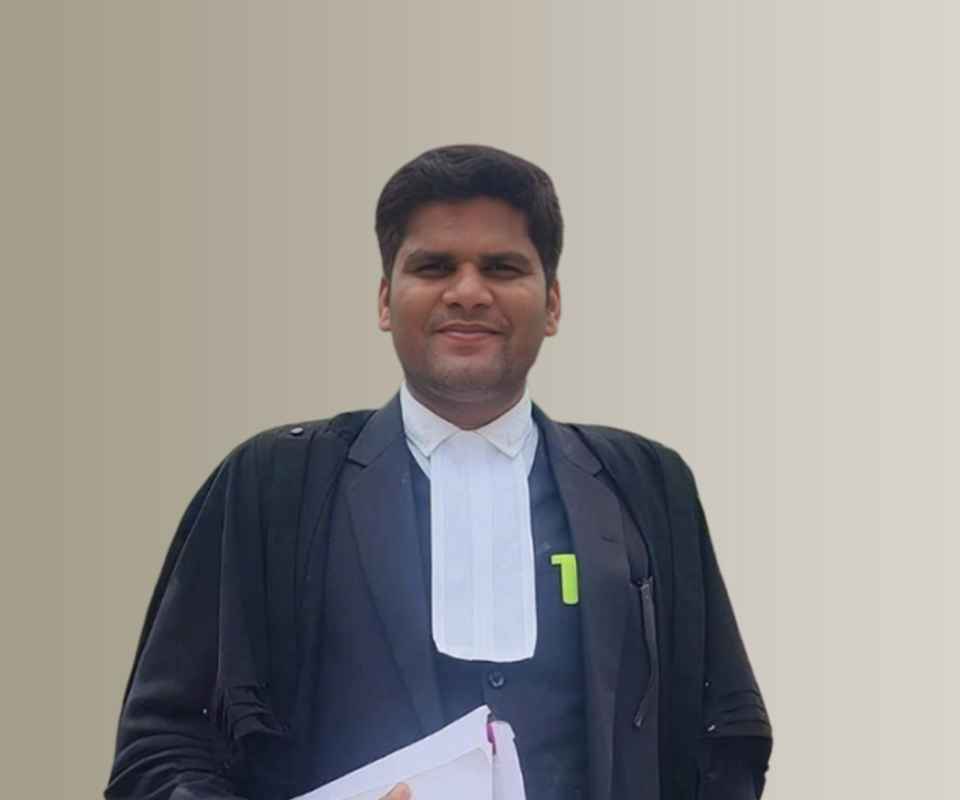Answer By law4u team
Once an adoption is finalized and legally recognized, birth parents (biological parents) cannot reclaim custody of the child under Indian law. The adoption process, once completed, creates a permanent legal bond between the child and the adoptive parents, severing the legal ties with the biological parents. This principle is enshrined in the Juvenile Justice (Care and Protection of Children) Act, 2015 and the Hindu Adoption and Maintenance Act, 1956, which govern the adoption process in India. Reclaiming a child after adoption is not legally permissible except under exceptional circumstances.
Legal Framework for Adoption in India
1. Juvenile Justice (Care and Protection of Children) Act, 2015 (JJ Act)
The JJ Act lays down comprehensive rules for adoption in India, focusing on the protection and welfare of children. According to this Act:
- Once a child is adopted, the adoption is final and irreversible.
- The adoption can only be revoked by a court order if there is a justifiable reason (such as fraud or misconduct in the adoption process), but birth parents cannot unilaterally reclaim the child once the adoption is finalized.
- After adoption, the legal relationship between the child and the biological parents is severed, and the child becomes a legal member of the adoptive family with all rights and privileges.
2. Hindu Adoption and Maintenance Act, 1956 (HAMA)
Under the Hindu Adoption and Maintenance Act (HAMA), which governs adoptions for Hindus:
- Finality of Adoption: Once an adoption is legally completed under HAMA, the adoptive parents assume full legal responsibility for the child. The biological parents lose their legal rights over the child.
- Revocation: Adoption under HAMA is irrevocable. Birth parents cannot demand the return of the child after the adoption is completed, and the child is treated as a biological child of the adoptive parents.
- No Reclamation Rights: There is no provision under HAMA for the reclamation of custody by birth parents once the adoption process is finalized and the court has passed the adoption order.
3. Adoption Under the Juvenile Justice Act vs. Other Personal Laws
While the JJ Act applies to all children, including those who are abandoned, orphaned, or surrendered, and mandates a strict and clear adoption process, adoption under personal laws such as the Hindu Adoption and Maintenance Act follows a similar approach where the child becomes the legal child of the adoptive parents. After adoption, the biological parents' rights are severed, and they cannot reclaim the child.
4. Exceptions and Legal Revocation of Adoption
There are rare circumstances in which an adoption may be revoked or cancelled, but this typically involves situations such as fraud, misconduct, or coercion in the adoption process.
- Fraudulent Adoption: If the adoption was obtained by fraud or deceit, it could be challenged in court. In such cases, the adoptive parents may have to return the child to the biological parents, but this is a highly exceptional situation and does not apply to the general rule of adoption.
- Legal Recourse: The biological parents would need to approach a court to prove that the adoption was not conducted in accordance with the law, and there was misrepresentation or other significant legal errors.
5. Post-Adoption Consent and Reclamation
Consent of Birth Parents: The birth parents’ consent is crucial before an adoption process begins. If the child is voluntarily surrendered by the birth parents, their consent is obtained before any adoption proceedings.
Post-Adoption Laws: After adoption, birth parents do not retain any legal rights over the child. The adoptive parents have full rights and responsibilities over the child, and the birth parents are no longer considered to have any claim over the child.
6. What Happens in Cases of Surrendered or Abandoned Children?
In cases of surrendered or abandoned children, the process is also governed by the JJ Act, which ensures the child’s best interest. If a child is surrendered to an adoption agency, and the birth parents later change their mind, they cannot reclaim the child once the adoption process has begun. Once the child is declared legally free for adoption, the birth parents lose their custody rights.
The surrender process is legally binding, and after the child is placed in the adoption process, birth parents cannot reverse their decision.
Example
Ravi and Priya, after a long struggle, decided to adopt a child. They followed all legal procedures and obtained the child’s birth parents’ consent for adoption. The adoption was finalized in court, and the child, Aarav, became their legal child. Several years later, the biological parents of Aarav tried to reclaim him, citing emotional reasons. However, since the adoption was legally finalized, and all procedures were followed, the court ruled that the biological parents had no legal claim over Aarav, as he was now a permanent member of Ravi and Priya’s family.
Summary
Once an adoption is finalized under Indian law, birth parents cannot reclaim custody of their child. The adoption process, governed by the Juvenile Justice Act (2015) and the Hindu Adoption and Maintenance Act (1956), is irrevocable once completed. The biological parents' legal rights over the child are severed, and the child becomes a permanent member of the adoptive family. Reclamation of custody is not allowed unless there are exceptional circumstances, such as fraud or misconduct during the adoption process, but this is rare. Post-adoption, the child’s welfare and future lie with the adoptive parents, who assume full legal rights and responsibilities.







